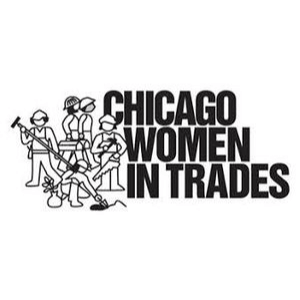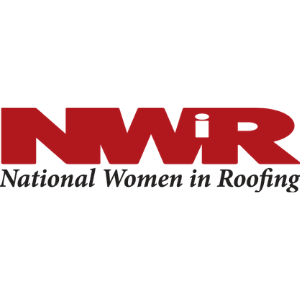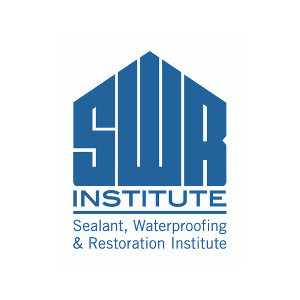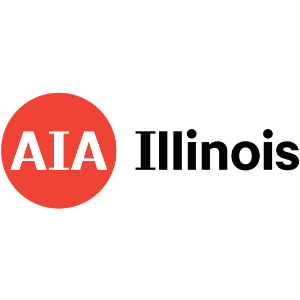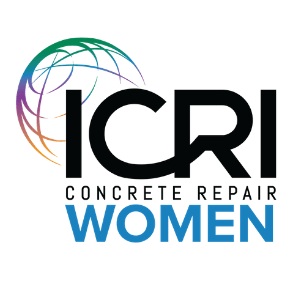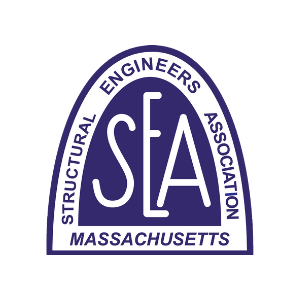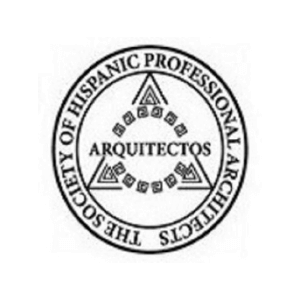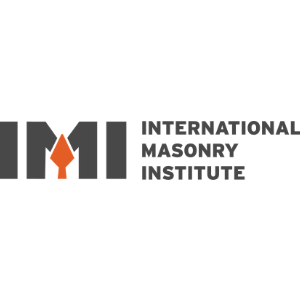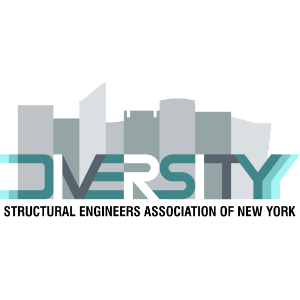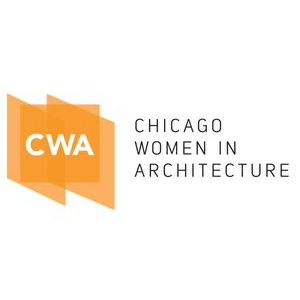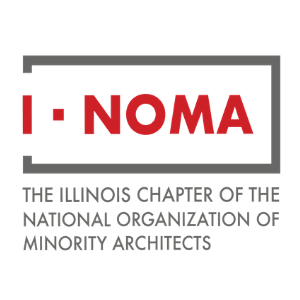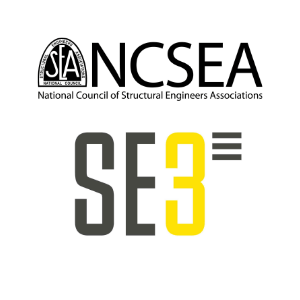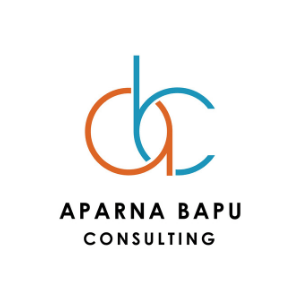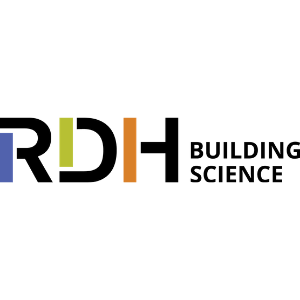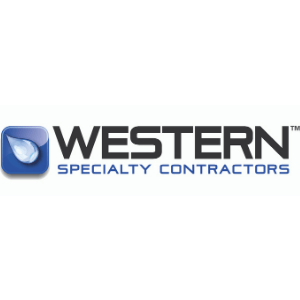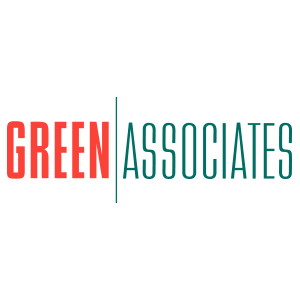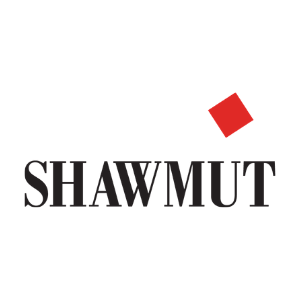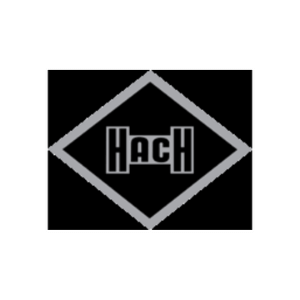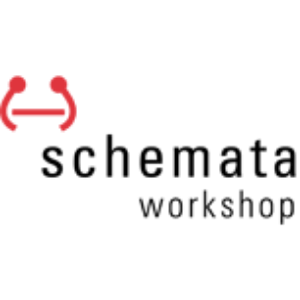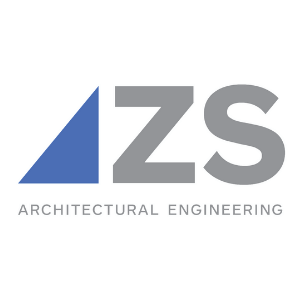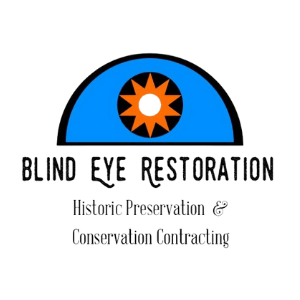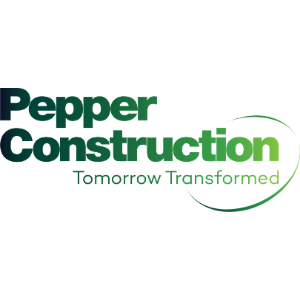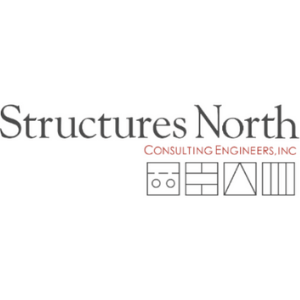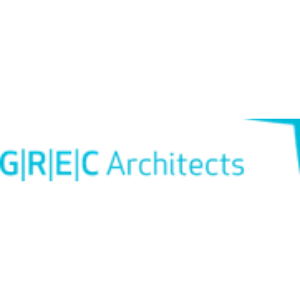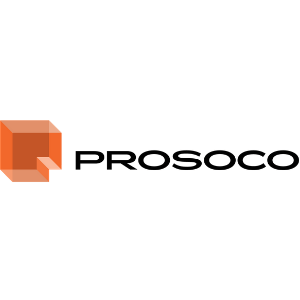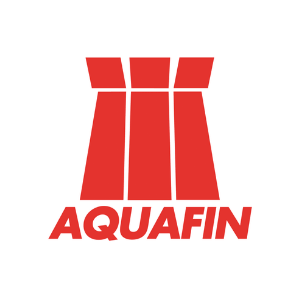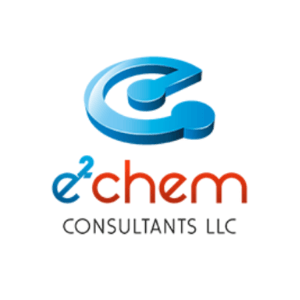Women in the Built World
2021 Virtual Half-Day SymposiumWitBW Symposium
Friday March 19, 2021
12-5pm CST / 1-6pm EST
Continuing Education Credits Available:
Earn 4.0 LU/HSW/PDH when attending the full program.
Sign up for our email list so you don’t miss out!
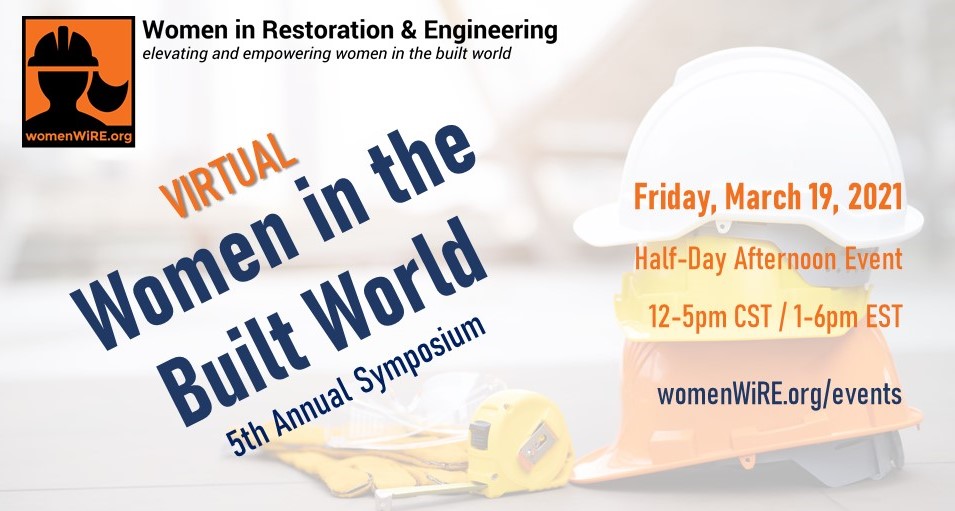
The 5th Annual Women in the Built World Symposium is brought by Women in Restoration & Engineering (WiRE) in partnership with AIA Illinios (AIA IL), Chicago Chapter of the Society of Hispanic Professional Architects (Arquitectos), Chicago Women in Architecture (CWA), Chicago Women in Trades (CWIT), Illinois Chapter of the National Organization of Minority Architects (iNOMA), International Concrete Repair Institute (ICRI) Women, International Masonry Institute (IMI), National Women in Roofing (NWiR), Sealant Waterproofing, and Restoration Institute (SWRI), Structural Engineers Association of Massachusetts (SEAMass), Structural Engineers Association of NY (SEAoNY), and the Structural Engineering Engagement & Equity (SE3) Committee of National Council of Structural Engineers Associations (NCSEA).
Symposium Partners
Symposium Sponsors
Symposium Registration and Sponsorship
Please Click Here to be taken to Eventbrite for additional information, Registration and to Become a Sponsor.
Individual Tickets:
Non-Member Tickets: $55
WiRE Member Tickets: $40
This is for Paying Annual Members of WiRE. If you are not a Paying member, please use the Non-Member rate for registration.
Tradeswoman/Student: $25
This is for Tradeswoman and Students only. Tradeswomen should enter what trade organization they belong to. Students must be currently enrolled in a school or university and enter what school they are enrolled in.
Sponsorship:
Sponsorship: $250
Sponsorship includes your logo on our event landing page, acknowledgment at the symposium, and your logo in the event program. Attendee tickets are not included with sponsorship but can be purchased separately. Sponsorship registration ends March 12th, 2021.
Symposium Agenda
See below for descriptions of each Presentation, Panel Discussion, and Breakout Room Discussion.
Friday, March 19, 2021
VIRTUAL
12:00PM – 5:00PM CST [1:00PM – 6:00PM EST]
12:00pm Welcome and Introduction to the Symposium, Amy Lamb Woods (Chicago)
12:30pm Presentation: Graffiti: Taking a Sensitive Approach, Casey Weisdock, International Masonry Institute (Philadelphia)
1:00pm Panel Discussion: Mindfulness
Moderator: Ashlie Stapleton, Pepper Construction (Chicago)
Panelists: Grace Kim, Schemata Workshop (Seattle)
Sierra McCray, Zwift People Experience (Ann Arbor)
Alice Westphal, Mortenson (Milwaukee)
1:30pm Breakout Room Discussions:
Room 1: Equitable Pathways to Success (SEAoNY, SeaMass, NCSEA SE3)
Room 2: Workplace Conflict De-Escalation (NWIR)
Room 3: Navigating Burnout and Self Care (CWA)
2:00pm Break
2:15 pm Panel Discussion: Walk the Walk – Combating Injustice
Moderator: Tiffani Simple, Simple Design Studio (NYC)
Panelists: Nakita Reed, Quinn Evans (Washington DC)
Vanessa Singh, ArchRestore (NYC)
Angela Henderson, Bricklayers & Allied Craftworkers (Seattle)
2:45pm Presentation: Job Site Confidence, Justine Orlando, Shawmut (Boston)
3:15pm Breakout Room Discussions:
Room 1: White-Collar and Blue-Collar Women Supporting Each Other (CWIT)
Room 2: Make Sure Your Boots Get to the Site (iNOMA, Arquitectos)
Room 3: Mentoring (ICRI Women, SWRI)
3:45pm Summary and Closing, Amy Lamb Woods
4:00pm Networking, HH, Open Discussion
5:00pm End
Discussion Topic Descriptions
Presentation: Graffiti: Taking a Sensitive Approach
It is impossible to ignore the current cultural crisis amplified by the tragic and inhumane killings of George Floyd, Breonna Taylor, and countless other people of color. As so many American citizens demonstrate and demand justice, many of us in the Preservation Industry have been called to address the dramatic increase of graffiti on buildings and monuments that is in direct response to systemic racism. Though we find ourselves rising to the task, we also find ourselves amidst a conflict of ethics. This presentation will explore reframing graffiti and thinking through our professional approach. In addition to challenging thought in regard to approach, this presentation will offer technical guidance and considerations for preserving, removing, or establishing a preventative graffiti plan for historic masonry substrates.
Panel Discussion: Mindfulness
Navigating through our daily lives, we cannot walk in another person’s shoes – know their struggles, stressors, and obligations – but we can be compassionate and have a sense of mindfulness in our thoughts and interactions with others. This panel discussion will focus on perception and what it means to be mindful of others’ lived experiences, obligations, socioeconomic status, ethnicity, etc. Are we truly all in this together? Let’s look at what that really means.
Breakout Room Discussion: Equitable Pathways to Success
The Structural Engineering Engagement and Equity (SE3) Project is an effort supported by thousands of structural engineers in the US and abroad. With a mission to collect data to support individuals and firms interested to improve our profession by focusing on attracting, engaging, and retaining talented folks who will make great contributions. Join us for a short presentation on findings of the 2020 SE3 Survey relevant to gender and race bias; engage in a professionally candid conversation where all are encouraged to share questions, criticism, best practices, lessons learned, thoughts for future action; all with an eye towards how we can each implement or influence the adoption of equitable practices in the AEC industry.
Breakout Room Discussion: Workplace Conflict De-Escalation
Have you been in a situation where you had to implement any de-escalation techniques? Do you wish you had a process in place, or a guideline to follow, for de-escalation of a conflict? This session will illustrate conflict examples and provide takeaways to de-escalate them, such as body language, tone, and phrasing, with the priority on appropriate responses and safety.
Breakout Room Discussion: Navigating Burnout and Self Care
The current work culture of always being accessible has left many professionals too burned out to handle basic tasks in everyday life. Previously scoffed at, the World Health Organization lists burnout as a serious public health concern with has been found to have negative impacts on women’s health, relationships, and work. Join us to talk about the basics of burnout and actionable insights to help you prioritize your physical and mental health.
Panel Discussion: Walk the Walk – Combating Injustice
Last year, the murders of George Floyd, Breonna Taylor, and Ahmaud Arbery shown a mainstream light on the deep-rooted issues of social, political, and economic injustices that have plagued the Black community since the formation of our country. These ongoing injustices, in the midst of a global pandemic, sparked a collective awakening to the still current systemic racism that is prevalent throughout our society in many facets. In response, many companies issued anti-racism statements and committed to diversity and inclusion efforts. While these words were encouraging to hear, it is the actions that follow that will exemplify which organizations are truly committed to implementing change. This panel will discuss various ways in which we can advocate for diversity, equity, and inclusion at all levels and urge our companies to keep their commitments towards combating systemic racism within the industry.
Presentation: Job Site Confidence
You can gain confidence just by being prepared, which includes tips on interacting with contractors as a female in the industry. This presentation will go over questions to address before you arrive, appropriate apparel, added protocols for Covid-19, and things to be aware of on site, including some added awareness on roofs, scaffold, and equipment. This talk is intended to build confidence by being prepared for job site visits and is not a safety talk or training.
Breakout Room Discussion: Blue-Collar and White-Collar Women Supporting Each Other
This discussion will explore the unique challenges that women working in blue-collar positions and women working in white-collar positions face in gaining equality in the workplace. We will specifically explore examples of issues that tradeswomen face regarding gender, race, sexual orientation, and disparity in training and work hours. By understanding the challenges that tradeswomen working in blue-collar positions face, we, as women predominantly working in white collar positions, hope to strengthen allyship with women working in blue-collar positions to improve equality and develop unity among women at every level in the industry.
Breakout Room Discussion: Make Sure Your Boots Get to the Site
It is important to get site experience as an architect, but sometimes we get overlooked because of gender or race. Many of us are aware of the double standard for women to prove themselves, but minority women face a triple standard. This open discussion will give examples of challenges women architects/engineers face at the office and while on site. Share your stories and offer insight into navigating these challenges to make sure you get the site experience you need for your career.
Breakout Room Discussion: Mentoring
Mentoring is an important aspect to support women throughout their career paths in the AEC industry. A mentor/mentee relationship is formed to share personal connections, technical knowledge, experience, career advice – or to simply connect with someone admired. Successful mentoring can begin with an employer-driven program or may be the result of continuously building your personal brand within projects and activities in the AEC industry network. Mentors may include peers, and others, both inside and outside your company, both older and younger than you. This session will discuss various ways that mentoring helps you develop ideas to create your own advocating network, find sustaining inspiration and technical resources, and provide insight into the importance of key topics: trust, empathy, open-mindedness, communication, delegation, and collaboration.


